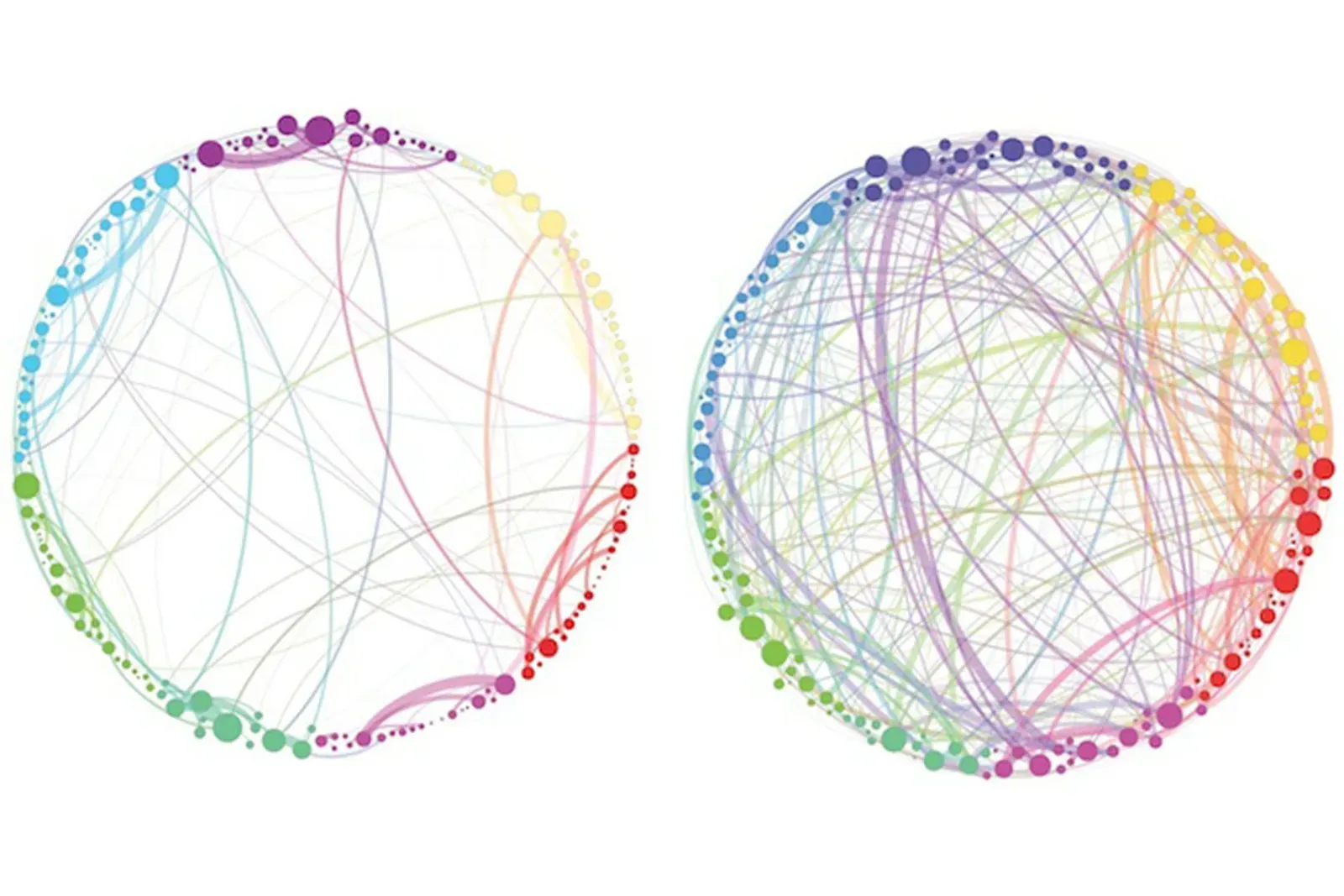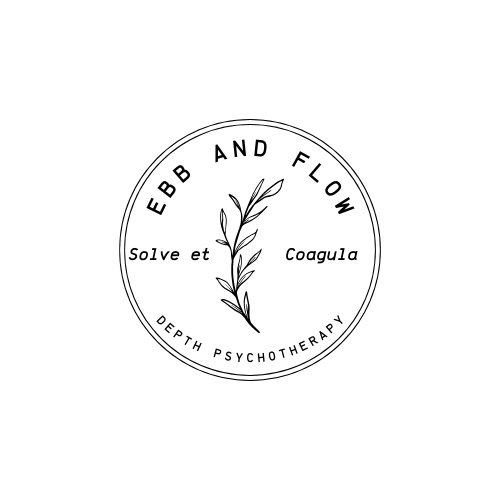What Are Psychedelics?
Michael Ebbinghaus • May 17, 2022
The Experience, Neurochemistry, and Spirituality

Psychedelics have come to the fore over the last decade. It seems that everyone and their grandmother has sat with the Grandmother. There is a lot of discussion and controversy over what psychedelics are, and getting down to what they do and the kinds of experiences they catalyze can be a difficult endeavor. In this article, I break down what psychedelics do experientially, neurochemically, and spiritually.
Before we get there, however, let’s look at the term “psychedelic” itself along with "entheogen," another common descriptor. Both terms are relatively similar, the former meaning literally “soul manifesting” and the latter “becoming the divine within.” Both of these terms point to something core to our being, something we don’t generally experience in our ordinary waking state of consciousness, that manifests through the ingestion of different substances whether they be lysergic acid diethylamide (LSD) or ayahuasca, the traditional Amazonian brew with N,N-dimethyltryptamine (DMT) as its active component. What this implies is that what we think we are, i.e. the ego, the self-concept we experience ourselves as in our day-to-day, is but a small component of who we really are. Psychedelics are great at this, and while “who we really are” is enigmatic right now, through the course of this article it will become plain what that means.
There are many classes of chemicals and traditional plant medicines that mediate altered states of consciousness and expanded states of being. Here I will be focusing more so on the classic psychedelics and traditional plant medicines with similar chemical makeup such as LSD, psilocybin (active component in magic mushrooms), DMT, ayahuasca, and mescaline. While all of these medicines have different phenomenologies and subtleties in neuroreceptor mechanics, not to mention their association with certain plant spirits (such as ayahuasca), they have many similarities that transcend their differences, and the ultimate reality they reveal is, at the end of the day, ultimate.
The Experience of Psychedelics
The range of psychedelic experiences is as varied as the substances, the individuals that take them, and the settings they take them in. All of these factors are vital, which is why there is so much emphasis on the set
(the mindset the individual inhabits when going into a psychedelic experience) and setting
(in what context they are taken). Someone with an atheistic worldview taking them at a music festival and melting into and becoming the music is going to have a very different experience than someone who takes them in a religious ceremony.
"What this implies is that what we think we are, i.e. the ego, the self-concept we experience ourselves as in our day-to-day, is but a small component of who we really are."
One of the reliable effects of the various psychedelics, however, is the relaxing or fading away of the ego, or the conceptual self. At lower doses one generally feels a looseness and a freedom not generally encountered, and at moderate-to-high doses one may experience varying degrees of ego death, the recognition that we are not what we generally perceive ourselves to be, that we create and repetitively engrain ourselves into habitual ways of being, that we are free to change whenever we wish, and that the totality of what we are could never be defined as an object of consciousness because we are consciousness itself (more on this in the “What Psychedelics do Spiritually” section).
How ego dissolution is experienced is, again, going to depend upon the disposition of the individual and their intention going in. Being primed with that knowledge is incredibly helpful, and it is why so often an intention of surrender can help one to pass through the phase of leaving the known with less difficulty. When entering the space past the ego, our reactions to and perception of the experience will be mirrored back to us. This is why Dr. Stanislov Grof, a Czechoslovakian physician who conducted tens of thousands of LSD-assisted psychotherapy sessions in the 1960s and 70s, describes psychedelics as being “non-specific amplifiers of consciousness.” What that means is that if we are intensely afraid of what is happening to us, the experience will appear and grow more and more terrifying. If we meet it with equanimity, presence, and bliss, it will fill us with radiance and the divine dance of cosmic love.
"...the totality of what we are could never be defined as an object of consciousness because we are consciousness itself."
One of the things that psychedelics shows us is the power of our mind to manifest reality, in fact it cannot be done without it! This is what modern Buddhist philosophy refers to as “reification,” or “making it real.” We all do this to varying degree. Almost all of us do it in our dreams where we encounter fantastic scenarios with no basis in physical reality and accept them as real and happening without resistance. We do this also in our waking life with who we think we are, our reactions to others, and our immediate reactions to situations and things. How often do we end a love relationship and feel that we are going to die or that we’ll never be happy again, only to reencounter the same scenario months and years later?
A helpful trick with this is to take command and sovereignty of one’s experience. Because what we are experiencing in the psychedelic experience is us, we can actually ask it to alter its form. So, if you find yourself in the midst of a rather unpleasant and challenging experience, perhaps confronting a demonic monster that is tearing apart your insides, we can ask It or the experience or God to change the way in which it is manifesting.
I’ve revealed my bias towards the spiritual side of the psychedelic experience, but I believe it to be Ultimate Truth, and like all ultimate truth, it exists within every level of reality. So while this is all happening within someone’s subjective experience, there is also something occurring in the external world, i.e. the alteration of neurochemistry, receptor dynamics, and electrophysiology, that mirrors what is happening. This is not to say that the subjective experience can be reduced to receptor chemistry – that is material reductionism. With that said, let us examine what’s going on in the brain during a psychedelic experience.
The Neurobiology of Psychedelics
Psychedelic science has been the greatest movement in the modern era to bridge the empirical subjective practices of the East (e.g. Tibetan Buddhism) with the empirical objectivism of the West (material science). The ego dissolution that the individual experiences can be mirrored in the way their brain begins to connect to itself in novel and liberating ways. The image at the top of this post reveals the diversity of connections that occur when someone is in a psychedelic state.
"We not only discover but experience in every cell of our being the continuous vibration and divination of a sacred whisper."
The classic psychedelics act chiefly on the 5-HT2A
(serotonin subtype 2A) receptor. These receptors are densely situated in an area of the brain commonly known as the Default Mode Network (DMN), so-called because it experiences greater activity when someone is at rest. So this is the part of you that, when you’re just sitting there on the bus with nothing to do or are in bed but not quite falling asleep, runs and runs and runs. It is a self-referential network. During these times of inactivity, unoccupied by our relationships, jobs, hobbies, and tasks, we are often tuned to what comes next. I have to do this tomorrow. Wow I really muddled up that conversation yesterday. Where is my life going? Et cetera. It is the neural correlate of the ego, that conceptual self we discussed earlier.
Can you guess what happens to it when someone psychedelics are ingested?
It doesn’t exactly disappear, but rather than neural activity remaining confined to this little area at the center of our head, the brain starts lighting up all over the place. Neurons that don’t often talk to one another are suddenly in a riveting and enthusiastic conversation. In this state, you are actually more connected to yourself than in the majority of waking life.
What’s more, the brain state that has been scientifically documented again and again is nearly identical to the state that advanced meditators drop into when they practice samatha. This points to a shift and broadening of awareness that is less focused on the little-s self and more on the big bad Carl Jungian Self. This brings us to…
The Spirituality of Psychedelics
Psychedelics reveal a deeper level of the reality that we are intimately connected to and inseparable from. The ego is our little self existing here in this plane, and for good reason. We need a place to stand so that we can feed, water, and perpetuate our organism, and what fun we get to have in doing so! However, because Western culture became so en-grossed (literally in the material world) and lost sight of its infinite interconnection to experience at large, we confused the incarnation with the totality, confused the servant with the master.
We all have a conception of who and what we think we are. We attach ourselves to various identities and roles, passions and hobbies, likes and dislikes. It's not intuitive or obvious, but we cannot be the object of our consciousness because we are the consciousness which perceives it. We are simultaneously the object to be perceived and the perceiver, however, only the latter remains. We were many forms before we took this one. We were particles in the air, trees, soil, and at some point, food in our mothers' mouths that was funneled into our physical form via our umbilical cord. Throughout all of the various cycles and changes the world, ourselves, and everything goes through, there is an awareness that permeates it all.
When we are under the influence of a psychedelic substance, the totality floods in. It opens the aperture between the conscious and unconscious, and we are able to recognize the fullness of what we are and dispel the illusion of our separateness. We not only discover but experience in every cell of our being the continuous vibration and divination of a sacred whisper. Eons long passed find themselves manifest in the moment, the network of our past and the unpaved road of the future spiral into eternity. Our fall from grace has gone full circle into the Christly redemption, and in what was once chaos, suffering, and confusion we find peace, beauty, and unending cosmic bliss.


